Imagine yourself as a raid leader, guiding your team through challenging dungeons and epic battles. To become the ultimate leader, you’ll need inspiration from various characters across genres. From Kratos’ decisive authority to Clive’s compassionate unity, balancing strength with empathy is key. The Knight King’s relentless focus is a warning against neglecting your team’s needs. By mastering communication, adaptability, and motivation, you can foster trust and collaboration within your team. Ready to begin this leadership journey and unlock the secrets to success?
Leadership Styles in Different Games
You may be familiar with Kratos’ commanding leadership in God of War: Ragnarok and Clive’s inspiring qualities in Final Fantasy 16. As a raid leader in World of Warcraft, developing your unique leadership style is crucial for guiding your team effectively.
Kratos in God of War: Ragnarok
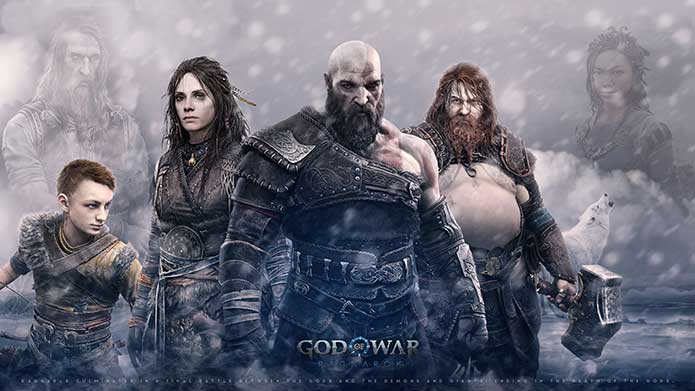 Kratos, the powerful protagonist of God of War: Ragnarok, demonstrates an authoritative and often harsh leadership style. While his determination and focus are admirable, his methods can be too extreme for most raid situations.
Kratos, the powerful protagonist of God of War: Ragnarok, demonstrates an authoritative and often harsh leadership style. While his determination and focus are admirable, his methods can be too extreme for most raid situations.
As a raid leader, you can learn from Kratos’ resolve and decision-making. However, it’s important to balance these traits with empathy and communication. Your team consists of real people, not just tools for victory. While Kratos’ leadership can drive results, it may also alienate others. To be effective, combine his strength with compassion, ensuring your team feels valued and motivated.
Clive in Final Fantasy 16
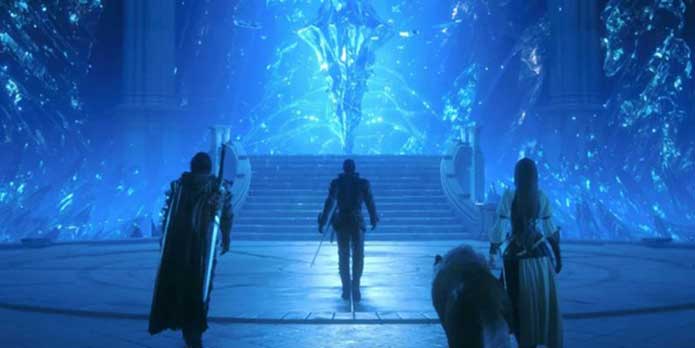 In Final Fantasy 16, Clive’s transformation from rebellion to leadership offers valuable lessons. He learns to unite people from diverse backgrounds, inspire loyalty, and lead with a balance of strength and wisdom.
In Final Fantasy 16, Clive’s transformation from rebellion to leadership offers valuable lessons. He learns to unite people from diverse backgrounds, inspire loyalty, and lead with a balance of strength and wisdom.
Clive’s leadership shows that true strength comes from team unity. His compassion fosters camaraderie, and his growth as a leader inspires those around him. As a raid leader, you can apply these principles to create a team that feels connected and motivated.
Player Character in World of Warcraft
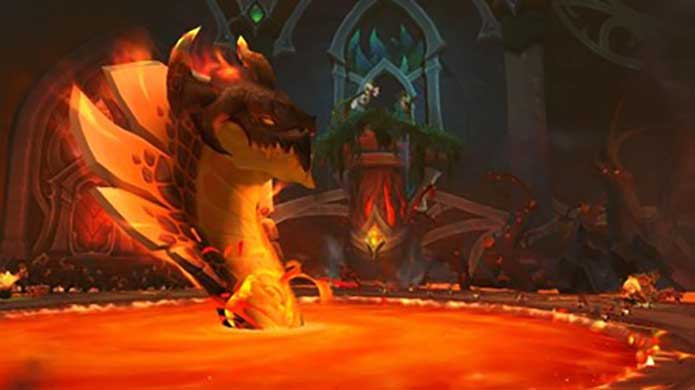 Leading a raid in World of Warcraft involves managing players with different skills and playstyles. Success depends on effective communication—you must clearly explain strategies, assign roles, and provide feedback.
Leading a raid in World of Warcraft involves managing players with different skills and playstyles. Success depends on effective communication—you must clearly explain strategies, assign roles, and provide feedback.
Delegation is key to managing group performance, while adaptability is essential for adjusting tactics during the raid. Unlike the ruthless approach of the Knight King in The Knight King slot game, WoW raiding requires balance. Be assertive but firm but understanding. By mastering these skills, you can build a cohesive, successful team.
The Knight King in The Knight King Slot Game: A Different Approach
While raid leaders in WoW focus on balance and teamwork, the Knight King in The Knight King slot game uses a much harsher leadership style. His leadership is defined by:
- Unwavering focus on a singular goal.
- Swift, ruthless decision-making.
- Disregard for the well-being of his subordinates.
While this approach might bring short-term success, it serves as a warning for WoW raid leaders. Neglecting the needs of your team can lead to burnout and failure. Decisiveness is important, but leaders must also care for their team’s well-being to maintain long-term success.
Key Qualities of a Successful Raid Leader
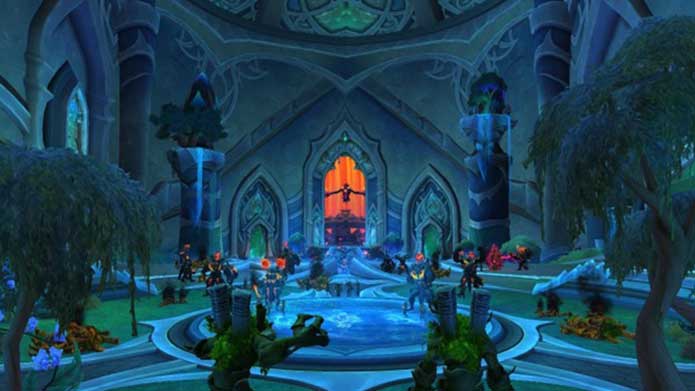 To become an effective raid leader, you must master key qualities. Let’s explore four essential traits: communication, adaptability, motivation, and delegation. These skills will help you lead your team to success, even in the toughest challenges.
To become an effective raid leader, you must master key qualities. Let’s explore four essential traits: communication, adaptability, motivation, and delegation. These skills will help you lead your team to success, even in the toughest challenges.
Communication
Clear communication is the foundation of successful leadership. As a raid leader, you need to explain strategies, assign roles, and provide feedback effectively. During the raid, your words guided the team through every challenge.
Imagine:
- Your concise instructions cut through the chaos.
- Your team listened attentively and followed the plan.
- The raid ran smoothly, with everyone performing their role precisely.
Good communication is more than just giving orders—it builds trust and keeps everyone aligned. Whether your team is experienced or new, your ability to communicate clearly will determine your success.
Adaptability
No raid goes exactly as planned. Your adaptability as a leader is tested when things go wrong. Adjusting strategies and reassigning roles as needed keeps your team moving forward.
Kratos and Clive both demonstrate adaptability, adjusting their approaches to face new threats. In contrast, the Knight King’s rigid leadership leads to failure. As a raid leader, quick, flexible decisions are crucial to handling unexpected challenges.
Motivation
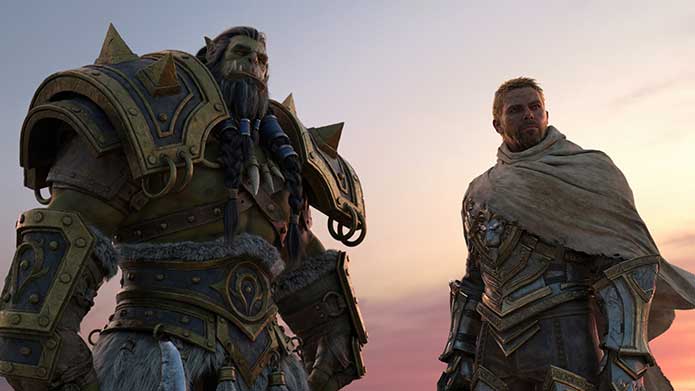 As a raid leader, you need to inspire and motivate your team. When things get tough, it’s your job to rally the group and keep them focused.
As a raid leader, you need to inspire and motivate your team. When things get tough, it’s your job to rally the group and keep them focused.
Here’s how to keep your team motivated:
- Lead by example: Stay positive and determined, even during setbacks.
- Celebrate successes: Acknowledge both individual and team achievements to boost morale.
- Maintain clear goals: Keep everyone informed and focused on the mission to foster unity.
Delegation
You can’t do everything alone. Effective delegation is essential for a successful raid. Assign tasks based on team strengths and trust them to handle responsibilities.
Delegation lightens your workload and gives team members a sense of ownership. When people feel valued and trusted, they perform better. Sharing responsibilities builds a more efficient and motivated team.
By mastering communication, adaptability, motivation, and delegation, you can become the ultimate raid leader. Characters like Kratos, Clive, and the Knight King offer valuable lessons—both good and bad—on leadership. Use these insights to develop a leadership style that balances strength and empathy, inspiring your team to success. Master these qualities, and your leadership will drive your team to victory.


 by Symphonie
by Symphonie